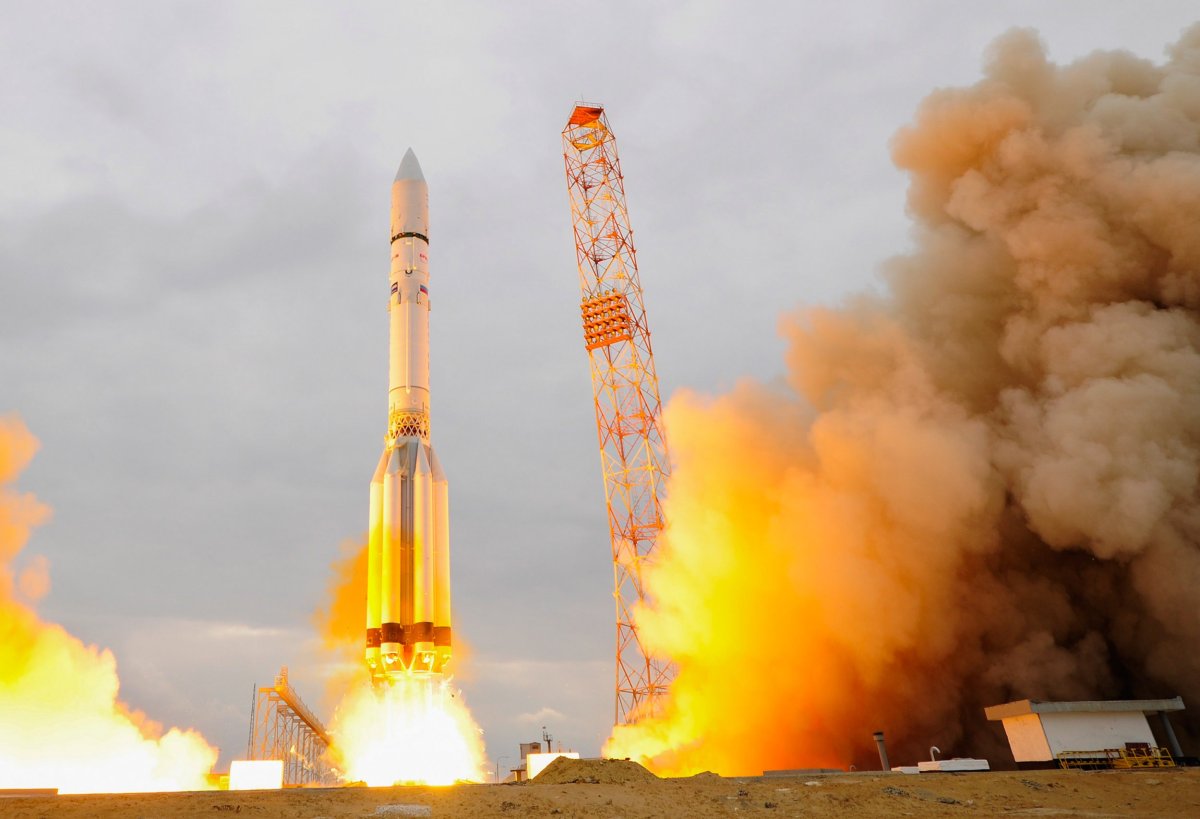In just over a week, NASA is hoping to launch its next mission to the red planet, a lander called Mars InSight. But their excitement over the scheduled May 5 launch isn't stopping them from thinking about the promise of future missions as well.
And on Thursday, some of that promise became a little more concrete, as NASA and the European Space Agency signed a statement of intent framed around bringing samples from Mars to Earth.
That would allow scientists to study fresh Martian samples in their most technologically advanced laboratories. Right now, they only have two options for analyzing that soil directly: They can study Martian meteorites that fall to Earth (but those are changed by the extreme conditions they face passing through our atmosphere) or they can send their lab instruments to Mars on rovers like Curiosity (but that limits the size and number of instruments they can use for analysis).
Sample return would avoid the challenges of both those approaches—but would of course bring its own challenges. Most notably, the round-trip nature of the mission requires successfully launching a rocket off the surface of Mars, which has never been done before.
(NASA and the Japanese space agency are each landing a spacecraft on an asteroid later this year as part of sample return missions. In the case of the Japanese, it will be their second time attempting the feat after a tiny amount of asteroid was carried back to Earth in 2010.)

The new agreement came about at a meeting held in Berlin this week at which scientists argued that in order to continue learning more about our neighboring planet, a step like sample return would be necessary.
NASA's Mars 2020 rover is already due to collect and store interesting geological samples it encounters in its work, and the Europeans are planning to land another rover, called ExoMars, in 2021. According to the suggestions currently being discussed, another mission would ferry those samples into orbit around Mars, with a final spacecraft fetching them home.
The agencies haven't publicly discussed what sort of timeline those later steps would follow. In the meantime, scientists will have to settle for what the Opportunity and Curiosity rovers—and their next companion, due to land in November—discover.
Uncommon Knowledge
Newsweek is committed to challenging conventional wisdom and finding connections in the search for common ground.
Newsweek is committed to challenging conventional wisdom and finding connections in the search for common ground.
About the writer
Meghan Bartels is a science journalist based in New York City who covers the science happening on the surface of ... Read more
To read how Newsweek uses AI as a newsroom tool, Click here.








